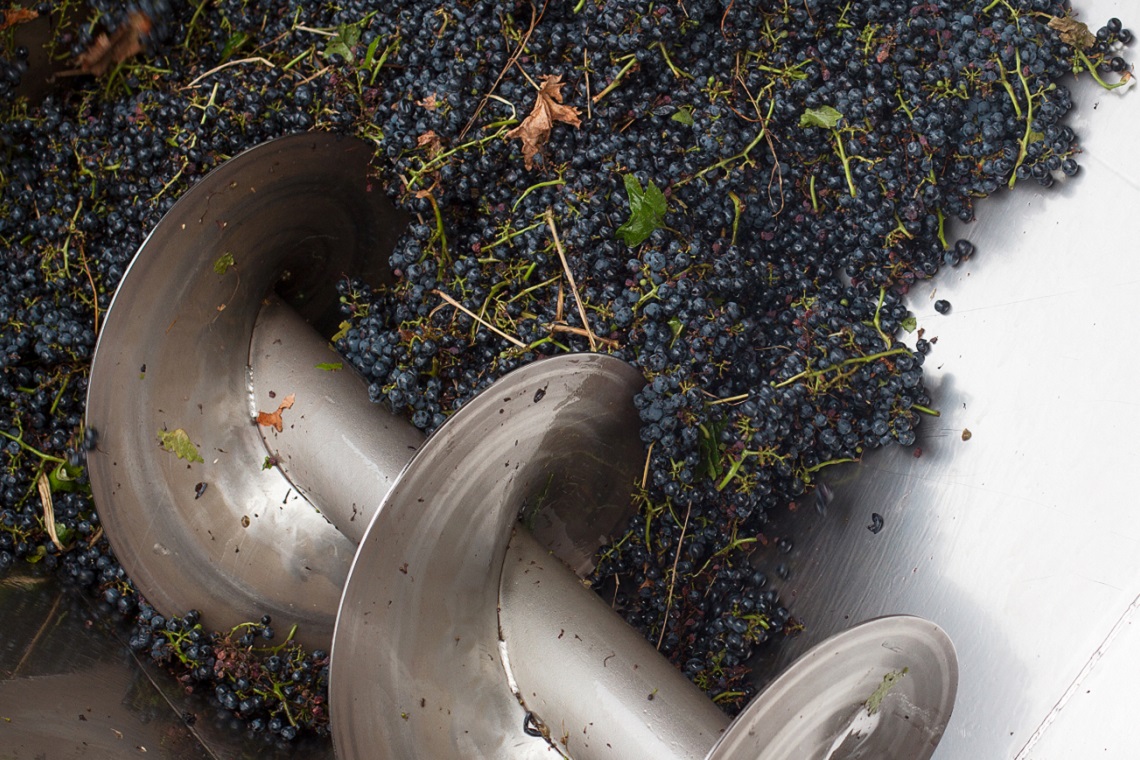One billion litres of European wine is at risk of being lost because of on-trade lockdowns across the continent and a drop in export demand due to the COVID-19 crisis.
French Member of European Parliament (MEP) Eric Andrieu, warned of the impending losses after Comité Européen des Entreprises Vins (CEEV), Europe’s wine trade association, said the EU wine market has experienced significant volume and value drops as a consequence of the coronavirus pandemic.
“With the HoReCa (Hotels, Restaurants, Cafés) closed almost everywhere, we estimate that a 30 per cent in volume and 50 per cent in value of the EU wine market is locked. In addition, and after some signs of stockpiling early March, sales went down again also in supermarkets at the end of the month, reinforcing the negative trend of the wine market,” said Jean-Marie Barillère, President of CEEV.
The CEEV’s members account for over 90 per cent of European wine exports and the association said that while exports have not stopped completely all members have reported being unable to maintain their level of exports since the crisis started in January.
Barillère added: “Considering the partial dismantling of the HoReCa sector, the impact on tourism and the possible collapse of some wine importers and distributors, we should all understand that what we are facing is no short-term crisis. It will take time and require investments to recover wine markets.
“In the short term, we need to consider that the reduced wine sales and the high level of wine stocks may provoke problems in the normal balance of the wine market.”
Andrieu said that some wine which was destined for export has been returned from closed markets, meaning there was a shortage of storage for this year’s vintage which is still to be picked.
The MEP suggested the wine should be distilled in order to help farmers with storage and this year’s vintage.
“Distillation is an alternative, certainly less remunerative than the sale of wine, but one which will allow wine growers to get by and to be able to also harvest in 2020. What is more, the alcohol produced can be used in many sectors, for example for the manufacture of hydroalcoholic gel.”
In order to mitigate the devastating effects of COVID-19 – present and future – on the wine sector, CEEV has put together a COVID-19 Wine Package, suggesting both emergency measures, and recovery measures.
“Emergency measures should focus on the preservation of wine companies and their finances, while recovery measures should focus on rebuilding wine markets and regaining market shares globally,” said Ignacio Sánchez Recarte, Secretary General of CEEV.
He added Europe’s wine category will need to adapt to cope with the crisis.
“To revitalise the sector, legal adaptations are needed to dynamise the aromatised wine products category and the creation of the non-alcohol and low alcohol wine categories,” Sánchez Recarte said.

